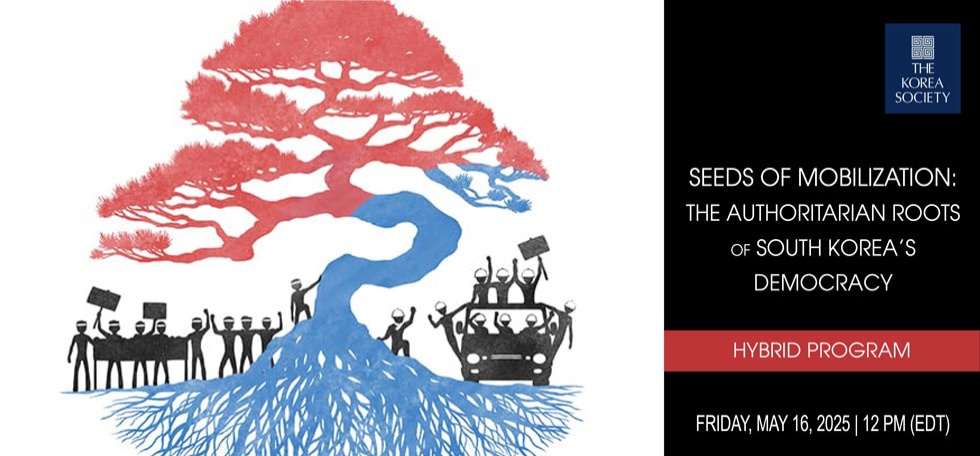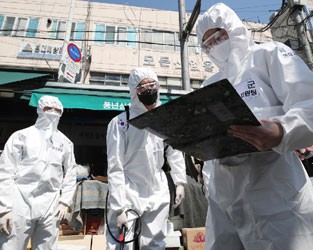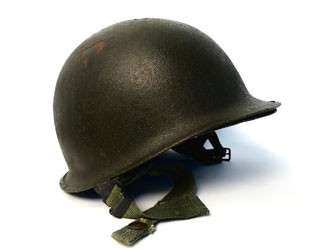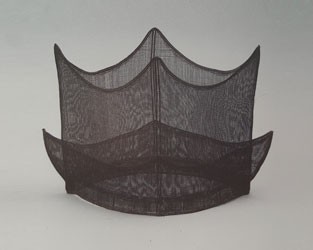![]()
Koreans take great pride in their country’s ethnic homogeneity and are deeply influenced by Confucian values that stress group identity and social harmony. Seem like a sociology lesson? Actually, these facts should be just as important to branding and marketing executives as they are to social scientists says Dae Ryun Chung, professor of marketing at Yonsei University in Seoul. And they’re the reason why Korean consumers make purchases based on their attitudes towards individual and group identities, Chung continued. To succeed in the Korean market, marketers need to understand Koreans’ distinctive “We/Me” consumer paradigm.
Dae Ryun Chung
Professor of Marketing, Yonsei University
Thursday, June 7, 2007
In the United States, Chung said, mass-market consumer products tend to gain and decline in popularity along a broad, gentle curve. American consumers buy products they feel fit their individual identity. Thus, they’re more cautious about adopting a product or brand, but when they do, their loyalty is persistent.
In Korea, product lifecycles are much quicker. A new product or brand’s sales will explode but often decline just as precipitously. Individual Korean consumers pick their goods, at least partly, in order to conform to group patterns. When they buy Mercedes, they all buy Mercedes. When they switch to Lexus, they all switch. As a result, Korea has fewer niche markets than the United States, and it can be harder to forecast which products the group will adopt next.
To Americans, conformity feels suffocating. American consumers seek out products and brands that will differentiate them. But to Korean consumers, Chung explained, following dominant trends can be a satisfying affirmation of collective identity. That’s why the majority of luxury cars sold in Korea are black, why so many Korean apartment blocks are made from the same blueprints and why fewer than a half-dozen movies make up more than 90-percent of the Korean box-office take.
At the same time, Chung warned against treating Korean consumers as automatons. Some purchase decisions are more influenced by group dynamics than others. For example, Koreans tend to buy housing, cars, entertainment and liquor in order to confirm their identity as Koreans. Alternately, Koreans tend to buy goods like beer, coffee and hair coloring in order to express their individual identities. If foreign marketers can create a message that balances Koreans’ impulses towards “we” and “me” they may just reap huge rewards.
About the Speaker
Business Roundtable
with
Dae Ryun Chang
Dean, Graduate School of International Studies
Yonsei University
Thursday, June 7, 2007
11:30 AM - 12:00 PM ♦ Registration and Reception
12:00 PM - 2:00 PM ♦ Luncheon and Presentation
Korean Consulate General in New York
335 E. 45th Street (between 1st & 2nd Avenues)
2nd Floor Conference Room
Which phrasing of McDonald’s classic slogan would Korean consumers respond to: “you deserve a break today” or “we deserve a break today”? Professor Dae Ryun Chang of Yonsei University says that Korean consumers weigh countervailing tendencies towards individualism and collectivism when they consider their purchases. He calls this phenomenon the “we/me” paradigm and thinks that anyone doing business in Korea should understand it.









